Campus Sustainability News
News on campus sustainability initiatives, emerging programs, rankings, awards, student initiatives, green teams, and more from across the Cornell University campus.
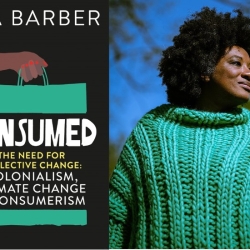
Looking for ways to make sustainable change happen both individually and collectively? Join the Sustainable Cornell Book Club, featuring Consumed | The Need for Collective Change: Colonialism, Climate Change, and Consumerism. First 75 people that sign up will receive free copies.
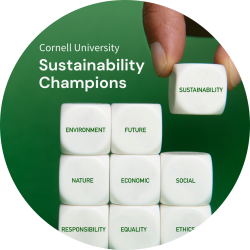
Recognize an employee who demonstrates sustainability leadership with actions big or small in the new Cornell University HR Recognition Portal. Monthly winners will be given prizes and be entered into the prestigious annual sustainability awards for the end of the year.
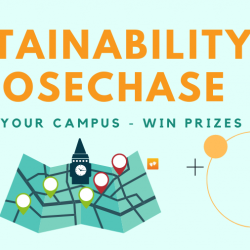
Compete in Cornell’s Sustainability ‘Goosechase’ Scavenger Hunt! Competition Runs August 30th - September 30th. Open to all Cornell students and employees.
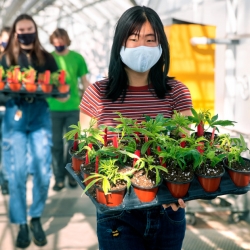
Cornell University celebrates all things sustainability during the entire month of April. This year, join a new Green Room Certification pilot, become a Residential Composter, attend a virtual student sustainability leadership conference, and more.

Join Cornell in participating in the 5th annual International Laboratory Freezer Challenge. Participating labs will compete against fellow Cornell labs as well as laboratories around the world as they are guided in implementing best practices in cold storage management to achieve greater energy efficiency, sample integrity, and sample access.
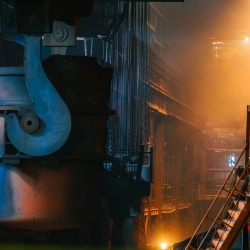
Sludge, slag and other waste produced by the steel industry are not only hazardous to the environment, but can be expensive for companies to discard. A new research project led by Cornell will seek an integrated approach to turning that waste into valuable materials using a $1.5 million grant from the U.S. Department of Energy.
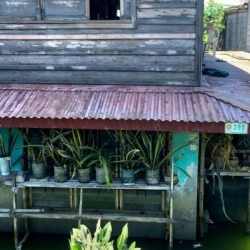
Despite severe, frequent flooding in coastal regions in the Philippines due to climate change, most residents do not consider migration as a short-term solution, according to new Cornell research. Lindy Williams, professor of global development and a member of the Migrations Lab, profiled two cities, one in Luzon and one in Bulacan, as they face the risks and consequences of frequent flooding.
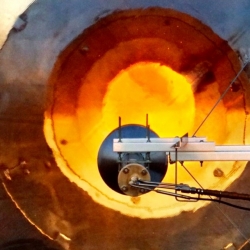
Dimensional Energy – a Cornell McGovern Center startup company that can capture industrial carbon dioxide and then convert it by way of sunshine into an environmentally friendly products like aviation fuel – has emerged as one of two finalists in the $20 million Carbon X Prize competition.
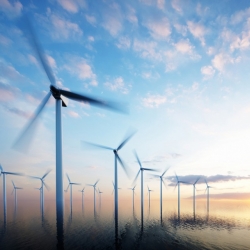
Cornell wind energy scientists have released a new global wind atlas – a digital compendium filled with documented extreme wind speeds for all parts of the world – to help engineers select the turbines in any given region and accelerate the development of sustainable energy. This wind atlas is the first publicly available, uniform and geospatially explicit (datasets tied to locations) description of extreme wind speeds, according to the research, “A Global Assessment of Extreme Wind Speeds For Wind Energy Applications,” published Jan. 25 in Nature Energy.
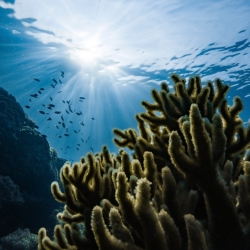
Intro to Oceanography is one of the largest and most popular classes at Cornell University, with almost 1,100 students each semester. Taught by Bruce Monger, senior lecturer in the Department of Earth and Atmospheric Sciences, the era of COVID-19 and remote teaching presented Monger with an enormous challenge: How would he make his spirited lectures — peppered with climate activism and inspirational calls-to-action — as dynamic in a remote setting? Last summer, he reached out to Kathryn J. Boor, the Ronald P. Lynch Dean of CALS at the time, requesting funds to build his own in-home production studio to record lectures for Intro to Oceanography. Boor passed the request to Cornell’s senior leadership, where a new idea was born — to record the lectures with the professional support of eCornell, and in tandem, develop a publicly accessible oceanography and climate sustainability course, made available through eCornell’s online certificate programs.
